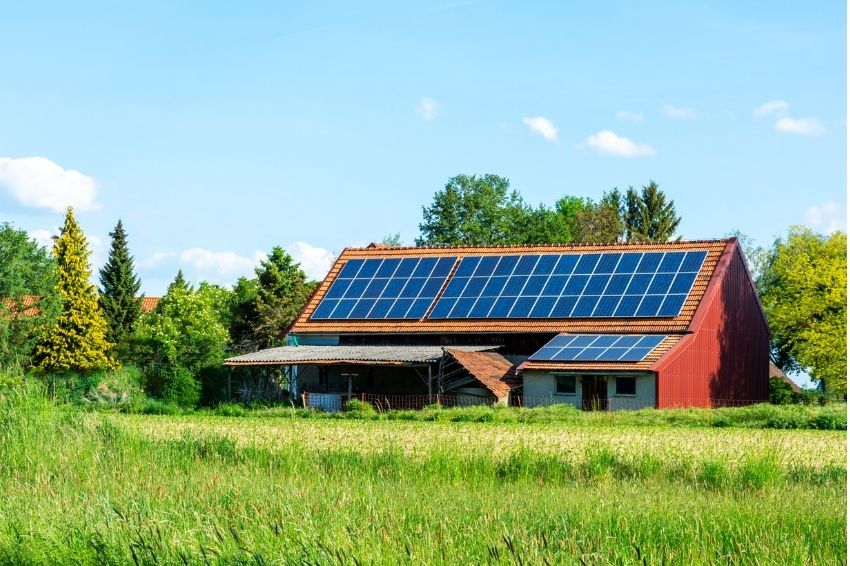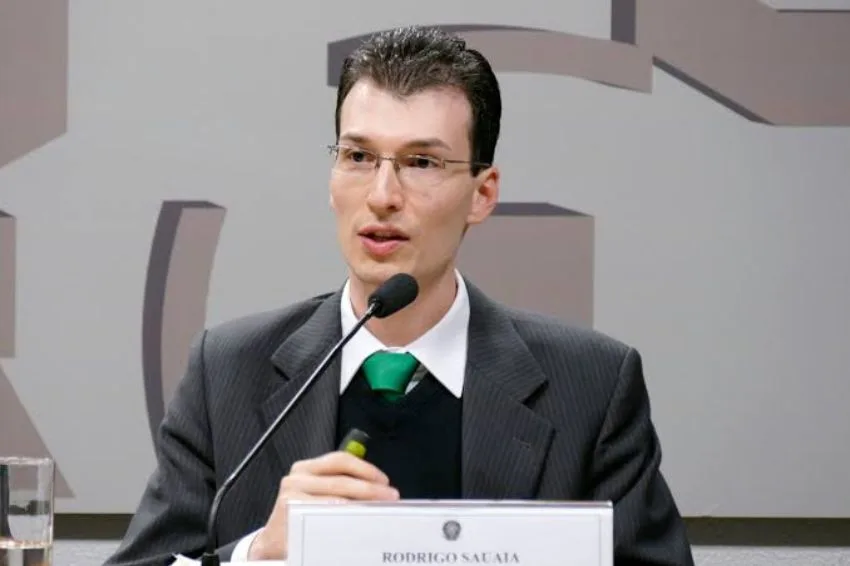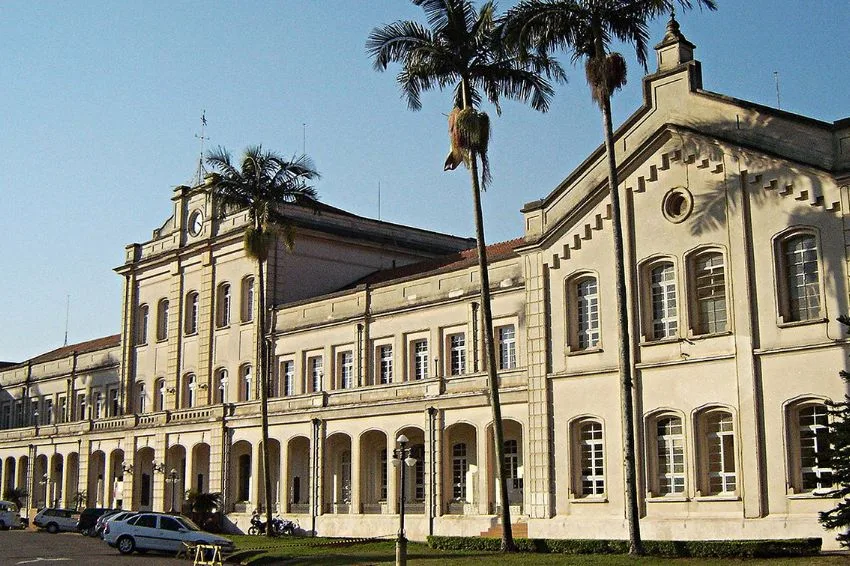It makes no sense for solar energy consumers to pay for the cost of transmitting their own generation. This is what Bernardo Marangon, energy market specialist, said during the webinar “GD Compensation System: ANEEL vs Legislative”, held last Tuesday (2) by Solar Channel.
“Trying to analyze this topic in a more theoretical way: imagine that you are in a city and your house is close to the neighbors generating energy. It will use very little of the network. So, it doesn't make sense for you to have to pay for the transportation of Wire A, which is the cost of transmitting energy. Even the losses, given that the energy will travel a shorter path. In principle, you also reduce system losses”, explained the specialist.
Still according to Marangon, one of the benefits of self-producing energy in the free market is, precisely, not paying for the charges. “If you are making investments to generate energy, if we bring a precedent rule, which is applied in the free market to the DG market, it makes no sense for us to also pay for the charges”, he explained.
Since the end of 2019, the compensation system has been the subject of debate between associations and professionals in the electrical sector and the Public Power, after ANEEL (National Electric Energy Agency) released its proposal to update resolution 482, which regulates the DG (distributed generation) sector in Brazil.
Professionals and entities in the distributed generation sector highlight that the changes proposed by the agency make the continued growth of solar energy on rooftops and properties of energy consumers unfeasible. The theme quickly became recognized as “taxation of the sun”.
Recently, eleven GD sector associations released a manifesto in favor of GD. In the document, the entities highlight that the agency's proposal goes against resolution 15 of the CNPE (National Energy Policy Council), which provides five fundamental guidelines for the construction of public policies aimed at microgeneration and distributed minigeneration in the country.
This week, five associations in the electricity sector issued a letter showing their support for the measure proposed by ANEEL. The document was signed by ANACE (National Association of Energy Consumers); ABRACE (Association of Large Industrial Energy Consumers and Free Consumers); IDEC (Brazilian Institute for Consumer Protection); CONACEN (National Council of Electric Energy Consumers) and ABRADEE (Brazilian Association of Electric Energy Distributors).
In the letter, the associations highlight that the achievements of DG in Brazil deserve to be celebrated, but that “consumers who do not have DG systems make enormous sacrifices, paying more expensive electricity bills to subsidize solar generation. This subsidy occurs mainly because the DG user pays only part of the costs of using the distribution network”, says the document.
According to Rodrigo Sauaia, CEO of ABSOLAR (Brazilian Association of Photovoltaic Solar Energy), the statement made by the five entities is unfounded. “Distributed generation should be recognized for the savings it brings to consumers, including those who do not invest a single cent in the system, but are favored by the electrical, energy, environmental, social and economic benefits provided by distributed generation”.
Sauaia also said that the letter issued by the entities brought shallow arguments and were of sole interest to the concessionaires and not to society. “The calculation was not done completely and the benefits that distributed generation brings were left aside in the letter. In other words, it is an incomplete diagnosis, in which the conclusion was compromised.”
Finally, the CEO of ABSOLAR also stated that research carried out recently shows that Brazilians increasingly support distributed generation. Among the public opinion studies he cited is one carried out by Ibope and Abraceel (Brazilian Association of Energy Traders), on what Brazilians think and want in relation to the electricity sector.
The survey carried out in 2020, pointed out that 90% of respondents would like to create their electricity through solar panel, wind or other renewable source. In 2014, 77% supported the initiative. “What does our 21st century society want? She wants a more sustainable world, with more distributed generation, including in our urban centers. All research shows this and it is no surprise that several countries are already joining forces to achieve zero greenhouse gas emissions on the planet by 2050.”
Hewerton Martins, president of the MSL association (Movimento Solar Livre), also criticized the letter sent by the associations. According to him, the energy generated by generation distributed during the day preserves water in reservoirs in hydroelectric plants, reduces distances to transmission lines and also helps to increase distributors' profits, as it avoids investments in renovating networks and transformers.
The expert also said that direct subsidies in the ANEEL table have been growing and making Brazilians' bills more expensive. “What is at stake is the objective of distributors to monopolize distributed generation with large solar farms to sell energy subscriptions, keeping consumers dependent and enjoying only a small benefit of 10% discount, as if they manage to tax solar energy , it will be unfeasible for anyone to buy your system and install it at home or in the company,” he said.

















One Response
The arguments contained in the article make clear the need for government incentives to produce more DG projects. What you see is the opposite. Sad Brazil